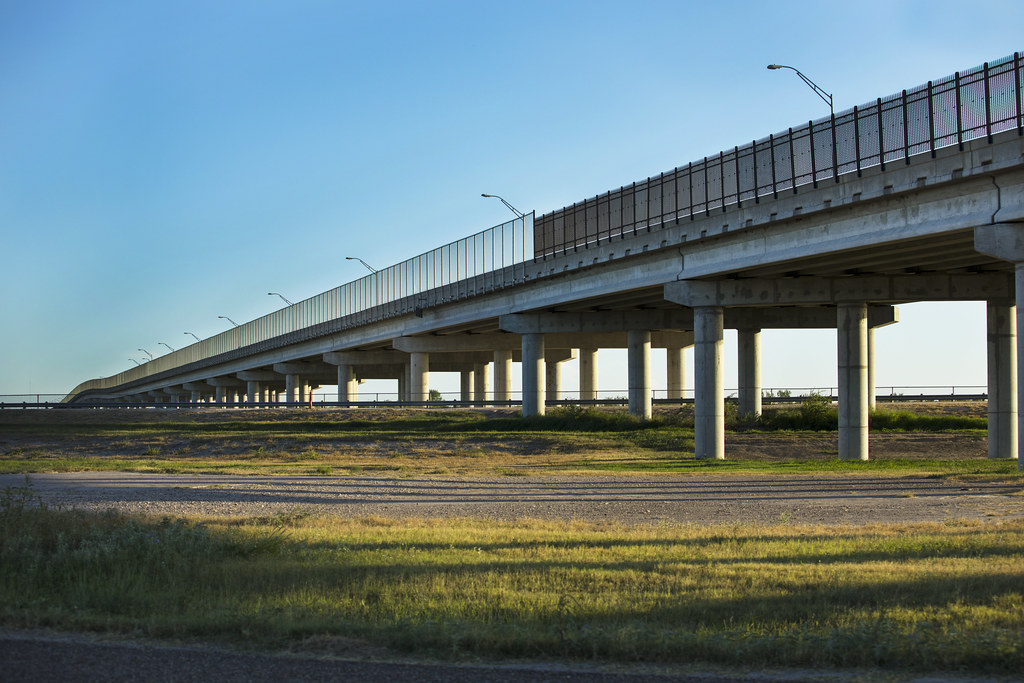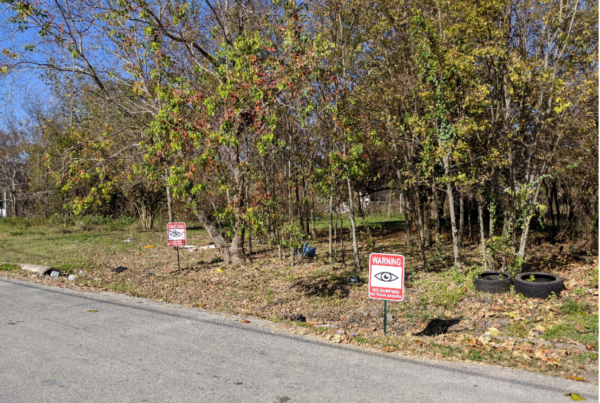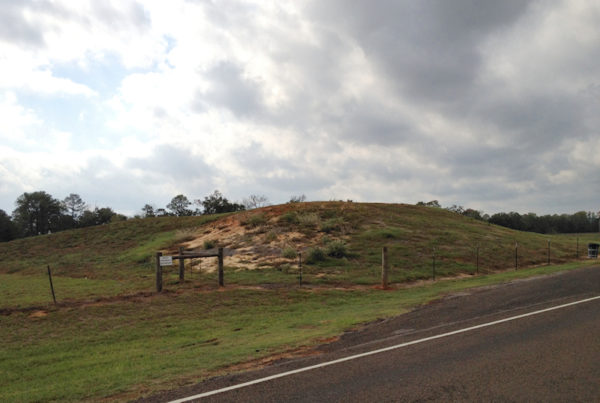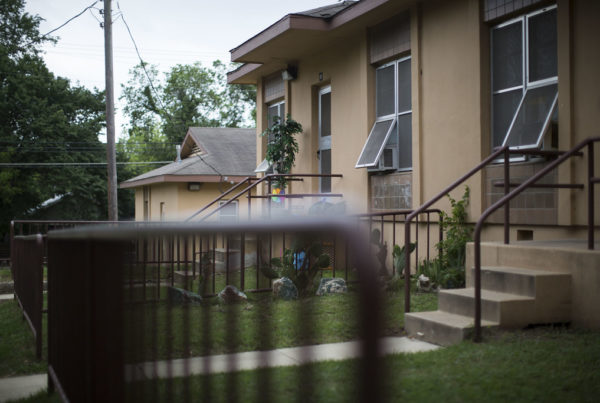The Rio Grande Valley has the highest number of migrant apprehensions on the southern border. And during the past several months the numbers of people crossing the border illegally has continued to rise. In March, those numbers were up 148 percent compared to the previous year. This has led to redeployments of Border Patrol officers. The result? Along a stretch of the border south of McAllen, the first uniforms migrants often see aren’t worn by Border Patrol officers, but constables of Hidalgo County, working overtime.
Reporter Molly Smith of the McAllen Monitor wrote about her recent ride-along with these law enforcement officers.
She says that in the rocky brush of the Valley plains, in a stretch known as “El Rincón del Diablo” or The Devil’s Corner, these constables from Hidalgo County Precinct No. 4 are primarily on the border in an auxiliary capacity.
“Just like other local law enforcement,” Smith says, “like police or sheriffs, constable deputies don’t have the power to enforce federal immigration law. So they can’t detain someone simply because that person has illegally entered the U.S. So essentially what their shift consists of is crowd control. They direct groups to where a Border Patrol agent – on this day – was stationed, so those groups could turn themselves in for asylum. ”
The most striking thing to her, Smith says, is the duality between their daily duties and evening overtime work.
“These are local law enforcement officers who spend their days serving warrants and court papers such as subpoenas: they are collecting unpaid judgments, they work as bailiffs for Justices of the Peace and they are also in schools… but at night they are really on the front line of the border and they are doing many of the jobs that a Border Patrol agent might do except for the actual apprehension.”
Smith says that most of the people she saw coming across the border during the ride-along were families with children seeking asylum.
“The kids really have no idea what is going on so a lot of them are just waiving at deputies and smiling. They are just very naive to, I think, what this next stage of their journey north entails,” Smith says.















